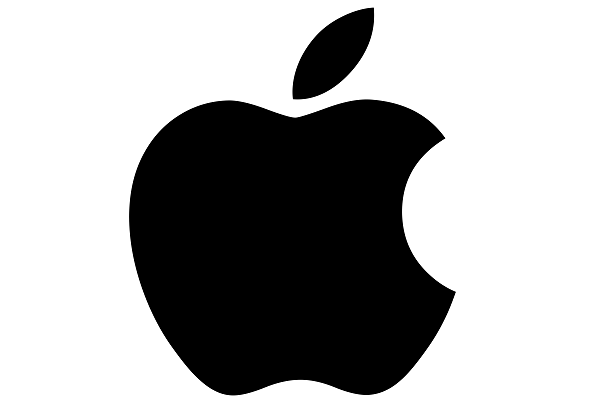Apple has accused Qualcomm of “illegal business practices” and “harming” the telecoms industry, as the legal row between the iPhone maker and chipset manufacturer showed no sign of abating.
The two companies are at loggerheads over what Apple has claimed are $1 billion of withheld payments. Qualcomm is also seeking damages, claiming Apple is undervaluing its chipsets and also breaking agreements.
In a statement to coincide with the latest filing of legal documents in a Californian federal court this week, Apple accused Qualcomm of “effectively taxing” the company’s innovation. It said the chipset maker was demanding a percentage of the total cost of its products, while supplying one connectivity component.
A spokesman added: “We believe deeply in the value of intellectual property but we shouldn’t have to pay them for technology breakthroughs they have nothing to do with. We’ve always been willing to pay a fair rate for standard technology used in our products and since they’ve refused to negotiate reasonable terms we’re asking the courts for help.”
However, Qualcomm’s Executive Vice President and General Counsel Don Rosenberg hit back, claiming Apple has been making “misleading statements” about the performance of its products. It has claimed iPhones equipped with Qualcomm chips are outperforming those of Intel, but Apple is not making any public comparisons between the two.
He said: “Qualcomm’s innovations are at the heart of every iPhone and enable the most important uses and features of those devices. It simply is untrue that Qualcomm is seeking to collect royalties for Apple innovations that have nothing to do with Qualcomm’s technology. Moreover, the per-device royalty Qualcomm charges Apple’s contract manufacturers for the right to use our licensed technologies in the iPhone is less than what Apple charges for a single wall plug.
“As Apple recently acknowledged it is rarely first to market with any new technology, which shows it is relying heavily on the R&D investments in the most revolutionary technologies by companies like Qualcomm. We are confident these truths will prevail in our legal disputes with Apple.”


